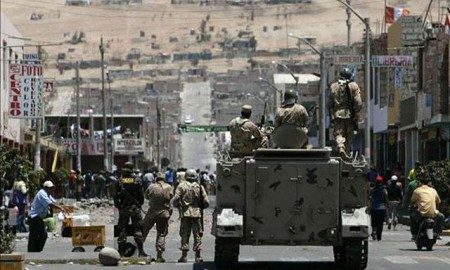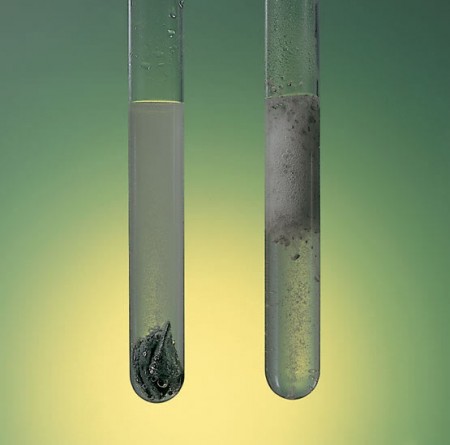 According to the context in which the word is used precipitation it will have various references.
According to the context in which the word is used precipitation it will have various references.
Descent or fall of something or someone
In its general and broadest sense, precipitation implies a descent, a fall of something or someone. “Juan rushed into the void and his companions could do nothing to prevent him.”
Speed with which someone acts
On the other hand, when you want to account for the anticipation, speed or haste with which someone does something the term precipitation is often used to refer to it. "The haste with which he acts is what always condemns him to be wrong.”
In many cases, rushing into an action can be a positive thing, while in other circumstances it can be a negative thing, since in this rush to act you can fall into a mistake. For each case, it is important to study the context and circumstances and, based on this, define whether or not to act hastily.
Chemistry: reaction from which a solid is obtained from a liquid
Meanwhile, at the urging of the Chemistry, a precipitation is the chemical reaction that makes it possible to obtain a solid from a liquid. The result is known as precipitate and to the process as precipitation. Such a situation normally occurs when an insoluble substance is formed in the solution as a consequence of a chemical reaction or because the solution in question has been supersaturated by the action of some compound, which does not accept more solute (minor substance in a solution) and by not being able to dissolve it, then, it forms the precipitate. Generally, the precipitate that forms will fall to the bottom of the solution, although this will also depend on the density of the precipitate.
Meteorology: solid or liquid water fall due to vapor condensation on the ground
But undoubtedly one of the most popular uses of the word is found in the area of Meteorology in which precipitation is called fall of solid or liquid water as a result of condensation of steam on the earth's surface. Within the concept of precipitation the following phenomena are included: snow, rain, hail, drizzle and sleetEven the word is used as a recurring synonym for rain and vice versa.
Precipitation is produced directly by clouds, because when they reach the so-called saturation point, the drops increase in size until they fall on the surface as a consequence of gravity.
Within the hydrological cycle, precipitation plays an important and key role since it is responsible for the arrival of fresh water on the planet and therefore for life in it, animals, plants, human beings, we require water to be able to live.
The human being has developed over time various elements to protect themselves from climatic events such as rains such as the umbrella, the pilot and the rain boots, among the most popular and used.
Obviously, water is vital for the life of all species on the planet, but at a certain point, since excess rainfall as a consequence of some unexpected and strong storm or climatic phenomenon can complicate the development and even the life of the species.
When rainfall is intense and lasts for several days at significant levels, it tends to lead to a flood scenario that can not only spoil a harvest but also severely complicate the communication routes of a city, not to mention human fatalities. and animals that can be caused by being under water.
In recent years as a consequence of the so-called climate change, global warming of the planet, very strong climate phenomena are taking place with serious consequences for life in general.
Seasons of long and heavy rainfall, or failing that, the absolute absence of these for long periods of time that also complicate.
On the other hand, we also attend extraordinary events such as tsunamis or hurricanes that are accompanied by great winds and rainfall.
This state of affairs that is increasing every day has generated that the world take action on the matter and the various countries pay extreme attention to these events and intervene by developing public and common policies aimed at reducing these impacts on our planet.









